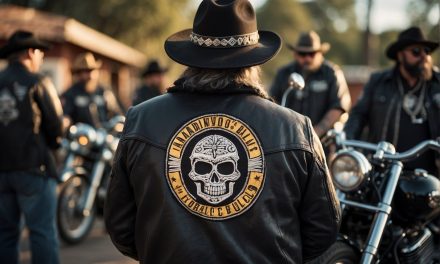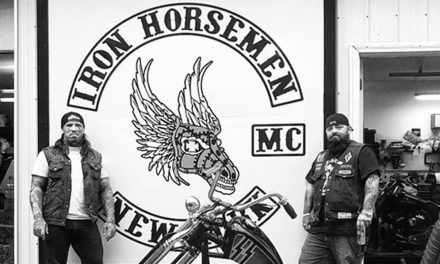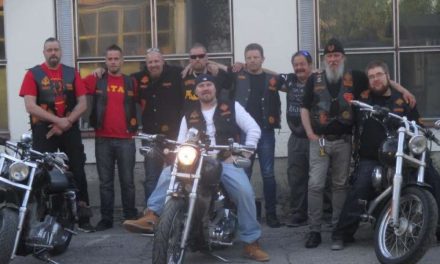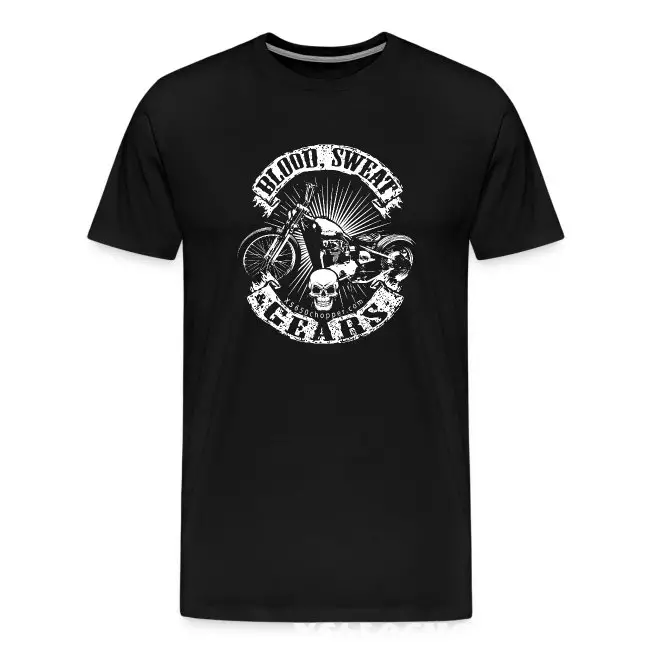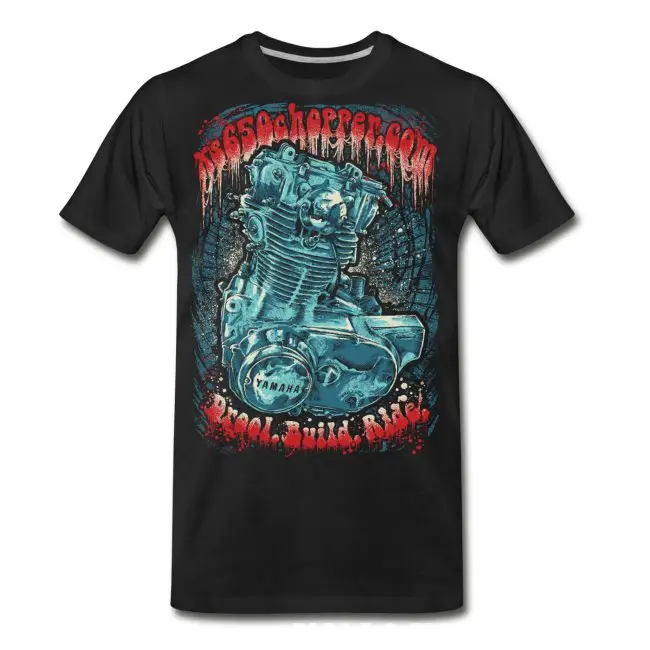Satudarah MC has carved a name for itself in the annals of outlaw motorcycle club history with its origins tracing back to 1990 in the town of Moordrecht, the Netherlands. Satudarah MC quickly gained a reputation for both its inclusive multicultural membership and involvement in illicit activities.
The club’s members, initially comprising immigrants or descendants from the former Dutch colony of the Moluccas, now part of Indonesia, established a brotherhood that extended far beyond the Dutch borders, with chapters springing up internationally.
The club’s expansion was not without controversy. Satudarah MC’s growing influence caught the attention of law enforcement agencies as members were often linked to criminal activities such as violent crime, extortion, illegal drug trade, and arms trafficking. This reputation led to increased scrutiny and countermeasures by authorities, culminating in its ban in the Netherlands on 18 June 2018.
Despite the legal challenges and the ban in its home country, Satudarah MC continued to exist through its international network. With chapters across the globe, the club maintains its presence, adapting to the ever-evolving dynamics of outlaw motorcycle groups while retaining its core identity that revolves around loyalty, freedom, and resistance to the constraints of mainstream culture. Here are 10 things to know:
1. Moluccan Roots
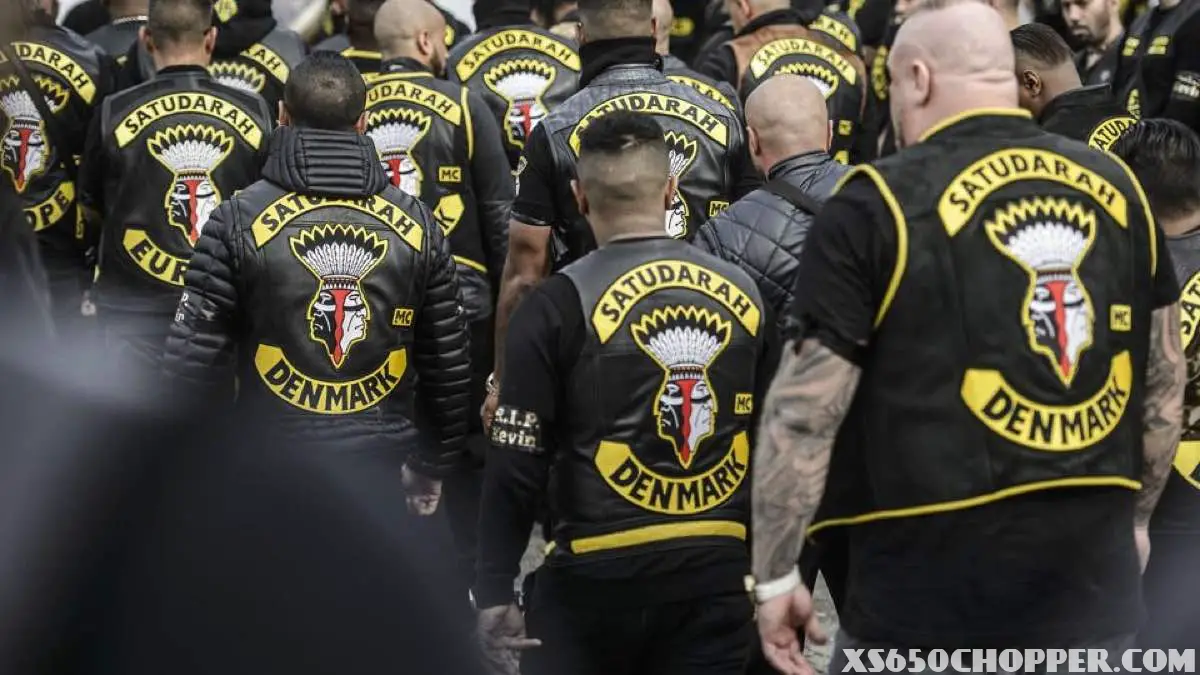
The establishment of Satudarah MC traces back to Moordrecht, a town in the Netherlands, in 1990. This motorcycle club diverged from the prevailing norms, as its founders were not from the typical European stock but from the Indonesian diaspora, specifically the Moluccan community.
- Origins: The first members of Satudarah were either immigrants themselves or the children of immigrants from the Moluccas, which are a group of islands in eastern Indonesia, once a Dutch possession.
- Community Ties: The Moluccan community has had a significant impact on shaping the club’s identity, reflecting a blend of the culture from their homeland and their experiences in the Netherlands.
- Inclusivity: Unlike other outlaw motorcycle clubs characteristically known for strict ethnicity rules, Satudarah has set itself apart by welcoming members of various ethnic backgrounds. Nevertheless, the Moluccan influence remains strong.
2. Expulsion from the ‘Council of Eight’
Satudarah MC, once a recognized figure within the Netherlands’ outlaw biker scene, faced a pivotal disruption in 2013. The Council of Eight, a consultative body that included various outlaw motorcycle gangs (OMCGs), was disestablished, leading to increased tensions within this community.
- Before Expulsion: Satudarah MC, along with other gangs, operated under a semblance of order provided by the council.
- After Expulsion: The absence of this regulatory body led to uncertainty and strife among the OMCGs.
The dissolution of the Council increased distrust among Dutch OMCGs. This shift significantly impacted Satudarah MC, as interactions between groups became increasingly hostile. The sense of solidarity that once was part of the outlaw biker culture began to wane, giving way to a ‘war-mentality’.
3. Crackdown in Sweden
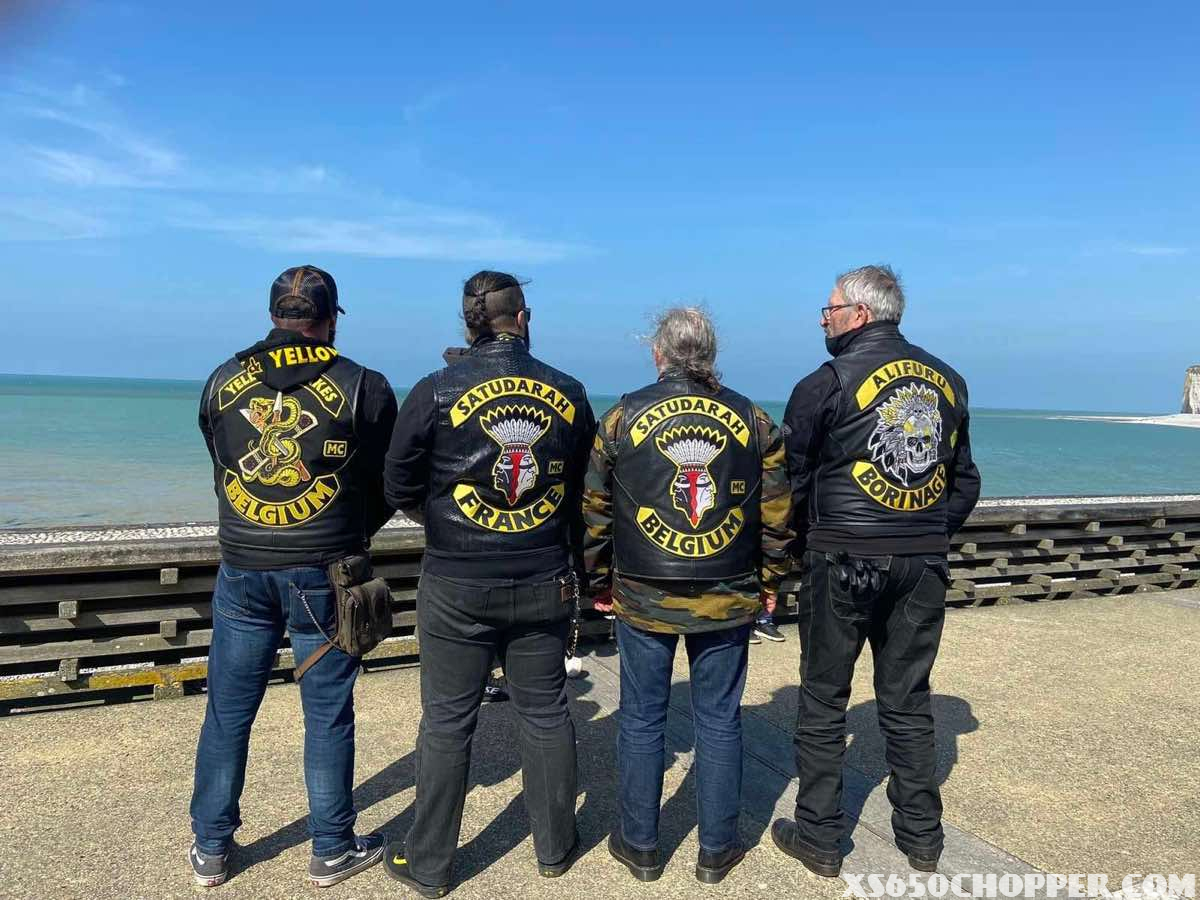
In Sweden, authorities have taken significant steps against Satudarah MC’s operations. The club, known for its global presence, including an establishment in Sweden, faced increased scrutiny from law enforcement.
Police Operations: Swedish police conducted targeted operations to dismantle the club’s activities. These operations often involved raids on clubhouses and the arrests of members for various offenses.
Legal Measures: The Swedish legal system has prosecuted members of Satudarah MC under the country’s strict laws against organized crime. Charges often include drug trafficking and violent crimes.
4. German Ban and Nationwide Raids
In February 2015, the German government made a decisive move against Satudarah MC. The club had established a presence in several countries, but German authorities were resolute in suppressing its activities on their soil.
Ban and Raids:
- The German Interior Minister at the time, Thomas de Maiziere, actioned a ban against Satudarah MC, signaling a hard stance on organized crime.
- Following the ban, German police conducted widespread raids on properties associated with the motorcycle club.
- These operations were aimed at dismantling the club’s network and curtailing their alleged involvement in criminal activities such as drug trafficking and violence.
International Implications:
- Germany’s ban echoed similar sentiments from other European nations concerned over the club’s activities.
- Satudarah MC, known for its international chapters, faced scrutiny and legal challenges not just in Germany but also in their home country of the Netherlands and in other parts like Norway.
By taking such concrete measures, Germany joined a collective European effort to clamp down on outlaw motorcycle clubs. The ban, enforced by nationwide raids, was a significant blow to Satudarah MC’s operations within the country.
5. Confirmation of the Ban
In 2018, the Satudarah Motorcycle Club faced a significant legal setback when the Dutch authorities officially banned the club. On June 18, 2018, a Dutch court ruled that Satudarah’s activities posed a severe threat to public order due to their illicit undertakings and violent behaviors.
The club’s ban was a culmination of documented instances of involvement in serious crimes. Authorities highlighted drug trafficking, violent crime, and extortion as some of the problematic activities tied to Satudarah members.
Later, the Supreme Court of the Netherlands reaffirmed this ruling, ensuring that the ban would also apply to local chapters and support clubs affiliated with Satudarah. The legal decision resulted in the immediate cessation of the club’s activities within the country.
6. Expansion Down Under
Satudarah MC established its presence in Australia, marking a significant move in the club’s global expansion efforts. The arrival of this Dutch motorcycle club stirred the local scene, as it was known for its tight-knit community and multinational composition.
The Australian chapters are key in understanding Satudarah’s international growth and influence outside of Europe. In joining the Australian biker scene, Satudarah MC entered a region renowned for its own outlaw motorcycle clubs. They embraced this new terrain, integrating into the local outlaw motorcycle culture while maintaining their Dutch roots and club identity.
Satudarah’s activities in Australia intensified the competitive atmosphere among clubs. They offered an alternative brotherhood, drawing members with their international connections and the reputation that preceded them from Europe.
7. Feuding Splinter Groups
Within the ranks of Satudarah MC, internal conflicts have led to the creation of splinter groups, often igniting violent struggles for power and territory.
Key Feuds:
- Rivalries with Breakaway Factions: Some members who disagreed with the club’s direction formed their own factions, which resulted in territorial disputes.
- Conflicts Over Illegal Activities: Competition for control over lucrative illegal markets, such as the drug trade, has exacerbated tensions between splinter groups and the main club.
8. The End of an Era
Satudarah MC, once a formidable name in the world of outlaw motorcycle clubs, experienced a definitive turning point that marked the conclusion of its widespread influence in the Netherlands. In 2018, Dutch authorities officially banned Satudarah MC, citing a pattern of criminal activities associated with its members, which included violent crime, extortion, illegal drug trade, and arms trafficking. This ban represented a serious blow to the club’s operations within the country.
Key Points:
- Banning: The Dutch government’s decision to ban Satudarah was a result of lengthy legal efforts aimed at curbing organized crime.
- Criminal Activities: Members were frequently tied to serious criminal offenses, justifying the ban’s enforcement.
- International Presence: Despite setbacks in their home country, Satudarah continues through international chapters.
The move to ban the club did not, however, eliminate its presence entirely. Satudarah MC still operates through its international chapters, maintaining a global footprint. The club’s notoriety has been sustained by its commitment to a biker culture that both idolizes freedom and nonconformity to mainstream norms, while also upholding a strict sense of loyalty among members.
The ban acted as a signal to other outlaw motorcycle clubs of the increasing pressure they face from law enforcement. The end of Satudarah’s era in the Netherlands thus speaks to a broader shift in societal attitudes towards outlaw motorcycle gangs and a greater push for public safety and order.
The story of Satudarah MC serves as a cautionary tale to both law enforcement and society about the potential for certain motorcycle clubs to foster cultures that may lead to criminal behavior and the subsequent societal consequences that follow. The club’s notoriety also highlights the challenges authorities face in curbing organized crime, particularly within entrenched organizations that have the ability to operate beyond borders.


